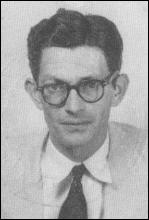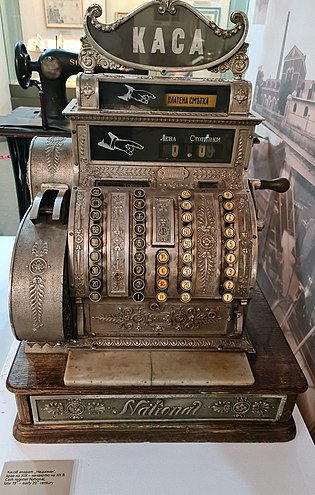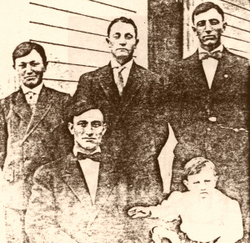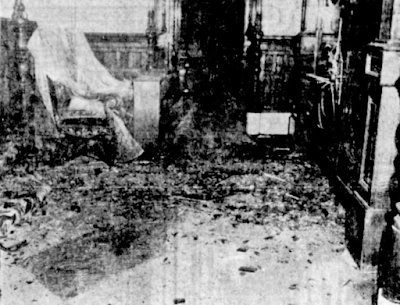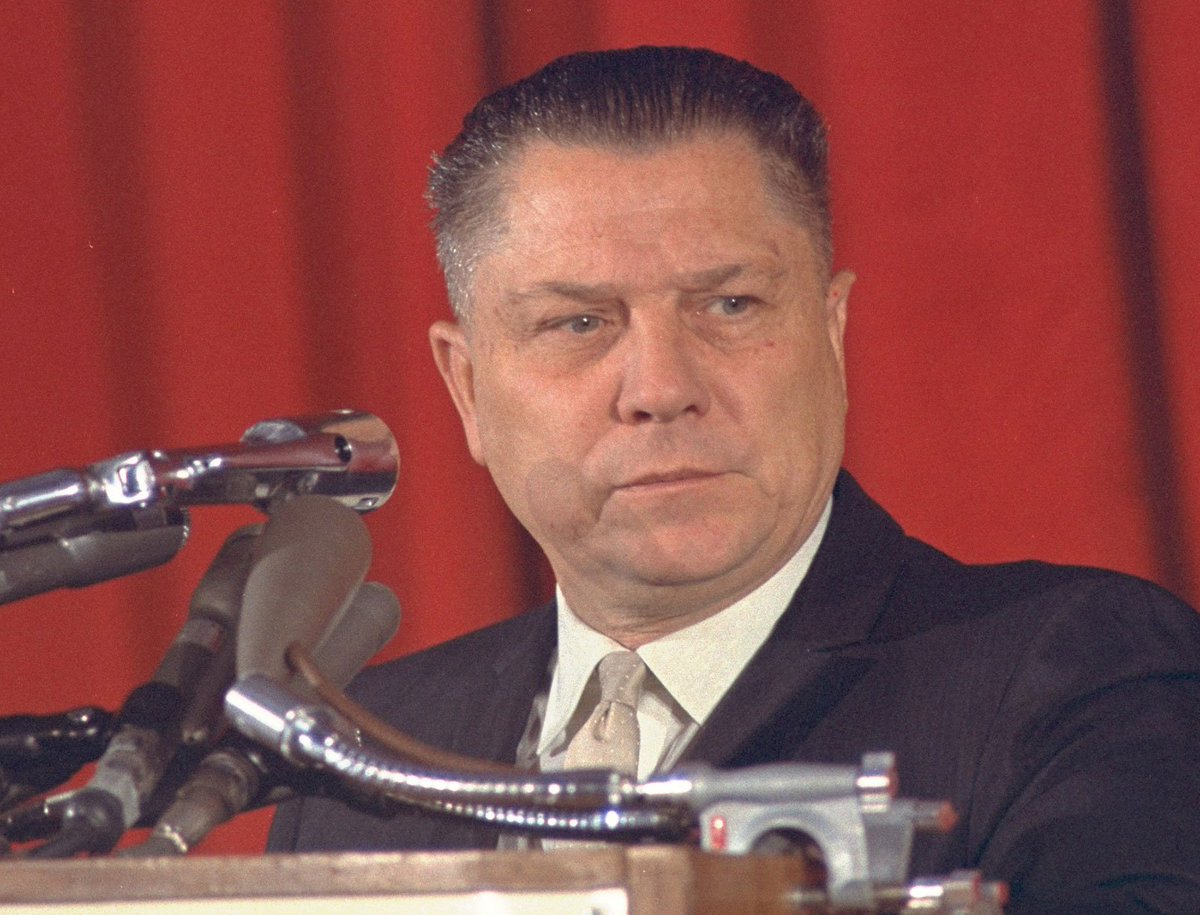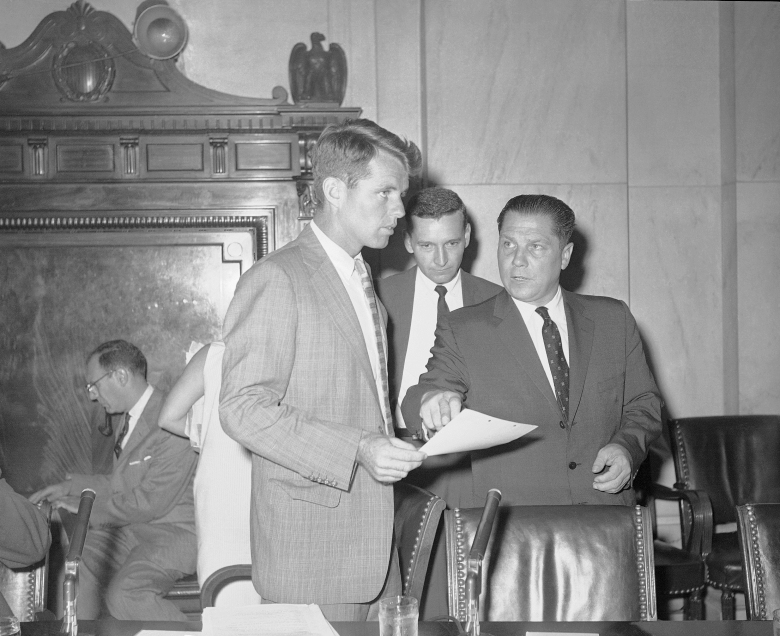
[David Berkowitz] "underscored a reference to Dr. Stephen Ward, who died in an apparent suicide in England in the aftermath of the Keeler-Profumo scandal in the early 1960s. 

"For Ward himself was a dabbler in the occult and on his death there was a great deal of scurrying around among certain London practitioners to cover their traces." 

(Ward was a close friend of socialite Claus Von Bulow, who was living in England at that time. Von Bulow, who later relocated to Manhattan and Newport, Rhode Island, would be charged with attempting to murder his wife, Sunny, via insulin injections.) 

• • •
Missing some Tweet in this thread? You can try to
force a refresh



